When clients approach this clinic for help they will not necessarily be mentally prepared for the advice that is given. The approach that is taken is to help create a daily skin care programme which is intended to rejuvenate the skin, prevent skin problems and help to maintain results.
Daily sunscreen is an essential part of this. Finding a sunscreen that is acceptable to use and also works to address the aesthetic and skin concern is essential in maintaining results. This includes in skin of colour where using sunscreen is essential in dealing with uneven skin tone.
• What is the difference between mineral and chemical sunscreen?
CHEMICAL
•Absorbs/dissipates ultraviolet radiation (UVR)
•Provides broad spectrum protection from UVA/UVB rays
•Commonly used chemical sunscreen agents: oxybenzone, avobenzone, octinoxate, octisalate, homosalate, and octycrylene.
Benefits: Used widely in cosmetic products. Drawbacks: Absorb UVR in specific wavelength, photochemically unstable and penetrate through the skin (although it is not known definitively whether this is harmful at the moment).
PHYSICAL
•Scatters/reflects radiation
•Provides broad spectrum protection from both UVA/UVB rays
•Titanium dioxide, zinc oxide
Benefits: Good for sensitive skin . Can be used immediately before sun exposure (rather than 15 minutes before). Drawbacks: Tends to have a whiteish cast.
• Is one better than the other when it comes to Black skin protection (chalky cast aside)?
Protection against UVA, VL (visible light) and infrared A can be helpful for all skin phototypes as they penetrate deeply and cause photoaging.
An expert panel of dermatologists in 2021 published practical recommendations about this in the Journal of the European Academy of Dermatology and Venerology in 2021. The title of the paper was “Photoprotection according to skin phototype and dermatoses: practical recommendations from an expert panel”
Lighter skin needs protection against ultraviolet B (UVB) light as there is a higher risk of sunburn, DNA damage and skin cancers.
Darker skin may be naturally better protected against UVB but it can still burn but is more prone to hyperpigmentation induced by visible light (VL) and UVA. Long wave UVA1 plays a critical role in pigmentation, photoaging, skin cancer, DNA damage and photodermatoses. Providing optimal protection against UVA1 and VL is thus beneficial in dark-skinned individuals. In particular protection with tinted sunscreens containing iron oxides and/or pigmentary titanium dioxide is important for dark skinned individuals. These are key ingredients in physical sunscreens.
There are many different approaches to dealing with pigmentation.
If a Zo Skin Health approach is being taken the protocol recommends starting off with a physical sunscreen first. This is to allow the skin underneath to rest and avoid heating up as much as with a chemical sunscreen. Once the pigment has been treated, then an alternative chemical sunscreen from the range can be used.
Pigmentation conditions such as Melasma are more common in darker skin types, and again I would recommend a sunscreen that protects against both UV and visible light.
When selecting a sunscreen as part of a daily skincare regime, the following factors are taken into consideration:
- Can the sunscreen help with other skin concerns such as pigmentation?
- Is eczema, rosacea (black skin can get rosacea too!) or sensitive skin present?
- Is a matte look desired?
- Are sports played
- Are antiageing elements needed?
- Is there active lifestyle?
- Is there oily/acne prone skin?
- What is their budget?
All skin consultations with this clinic start on linke.
However if clients wish to try some of the cosmeceutical sunscreens available, then this can be done by booking a follow up consultation in person.
The brands used at this clinic are specialist brands which not generally available on the High Street and which require training in order to sell from brands such as Neostrata, Obagi and Zo Skin Health.•
Are powder sunscreens effective?
There is going to be great variation between powder sunscreens depending on their formulation.
However, in general from a trusted brand, it would seem so for sun protection, but it depends on the formulation and what you are looking for protection against.
An article published in the Journal of Cosmetic Dermatology (Volume 19, Issue 2) “Beyond sun protection factor: An approach to environmental protection with novel mineral coatings in a vehicle containing a blend of skincare ingredients” Eric F. Bernstein MD, MSE, Harry W. Sarkas PhD, Patricia Boland BA, Deborah Bouche, First published: 28 May 2019 concluded that Newly formulated mineral-based skincare products provide environmental protection, are ecologically safe, and can replace chemical-based sunscreen ingredients. A framework for the claims that can be made on all cosmetics is given in the Cosmetics Regulation 1223/2009, consumer protection legislation and self-regulatory guidance. Claims on sunscreens are particularly important as many of the claims are safety claims, so it is essential that they are correctly substantiated and their benefits are clear to the consumer. The EU Recommendation on sunscreens from 2006 is now well established and has shaped the products available.
The majority of sunscreens tend to be cream or lotion based. Zo Skin Health has formulated a powder sunscreen which comes in light, medium and dark colours. This product cannot be sold online and can only be purchased from authorised retailers, of which this clinic is one. It is a light-weight powder sunscreen ideal for on-the-go SPF protection reducing shine and providing a perfect matte finish. It is suitable for all skin types to provide protection from UVA/UVB and HEV light. It is great for those super-hot days as a quick top up.
Are mist sunscreens protective enough?
Multiple sunscreen options exist for consumers with varying price points, active ingredients, and formulations. Again it depends on the formulation, and things like the spray mechanism. There is also the potential for some of the product to be lost to evaporation. Zo Skin Health used to have a spray sunscreen but the issue was that it did not ship well from the US. The product came in a spray can and there were pressure issues.
The Hydropeptide brand, which this clinic uses has a refreshing body spray which combines organically derived sun blockers for sun protection against UVA, UVB and Infra Red damage with a sweet passion fruit scent which:
- helps to protect against free radical damage that lead to fine lines and wrinkles
- replenishes hydration without feeling heavy
- delivers an even layer or sun protection.
If your foundation includes spf do you still need to wear sun protection?
In general sunscreen should always be the last step of your skincare routine.
If you use a moisturiser, make sure it has absorbed into your skin before using sunscreen.
I would recommend using an SPF under your foundation if you can. You can always top up on your sun protection with a powder sunscreen.
The ColorScience range of sunscreens has a helpful range of sunscreens which cosmetically help (available to order through the Get Harley portal)
It is important not to rely on just sunscreen for sun protection. Wear a sun hat, sunglasses with a UV filter and protective clothing.
• How often do you need to reapply sunscreen when you’re out and about in the sun?
•30ml volume over entire body
•Always apply at least 15 minutes before sun exposure if using a chemical sunscreen
•Reapply every 2 hours, more if exercising or swimming
A comprehensive sun protection programme follows the World Health Organisation recommendations:
Applying a broad-spectrum sunscreen with an SPF of at least 15.( Sunscreen usage is an important preventative measure against sun damage.)
- Wearing sun-protective clothing including hats and sunglasses
- Avoiding the sun between 10:00 AM and 4:00 PM
Why else is sunscreen important
Exposure to UV light, infrared heat, blue light and environmental stressors are just a few of the factors that can lead to visible lines, wrinkles, discoloration and redness in the skin. One of the skin’s best antiaging allies is quality, broad-spectrum sun protection products, applied consistently.
Regular use of sunscreen over a period of 5 years can decrease the signs of ageing by 25%.
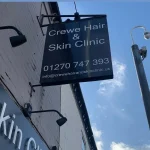

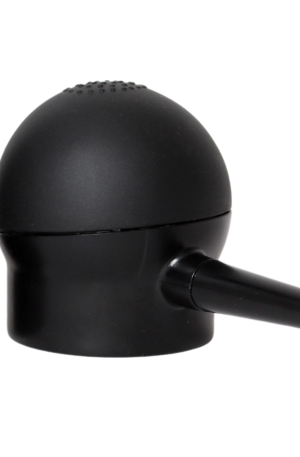
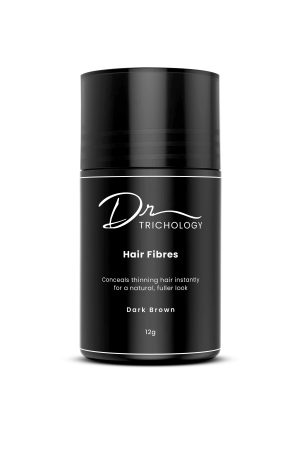
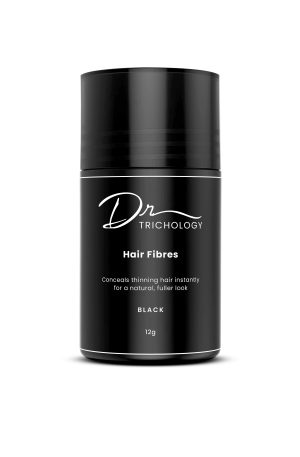
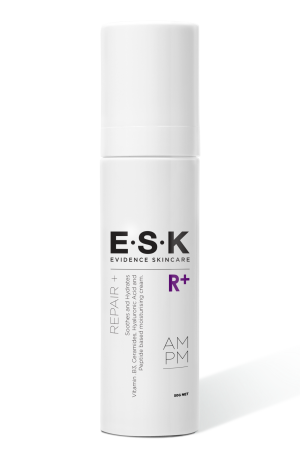
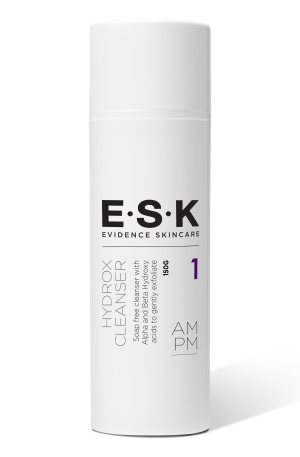
Comments are closed